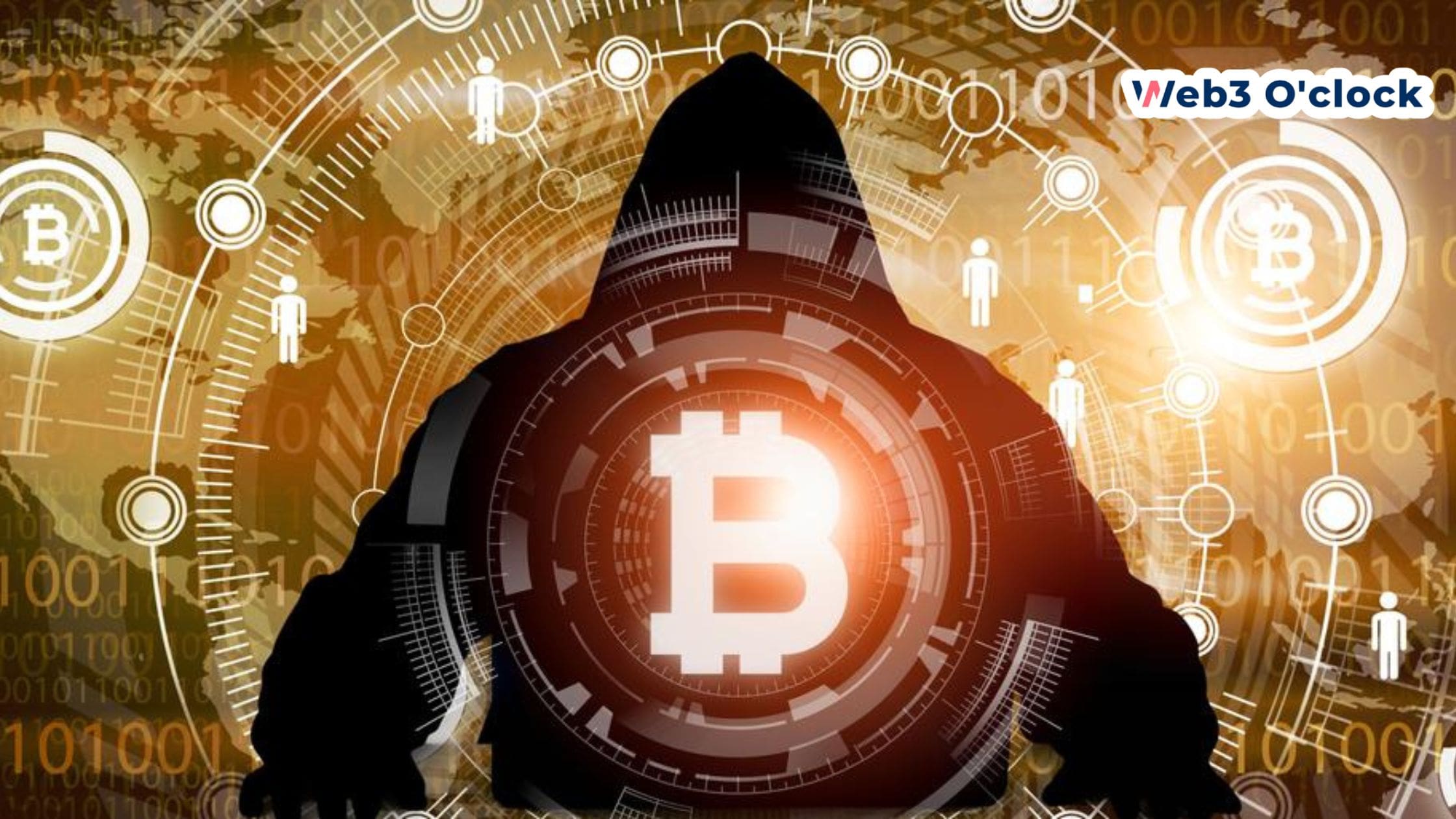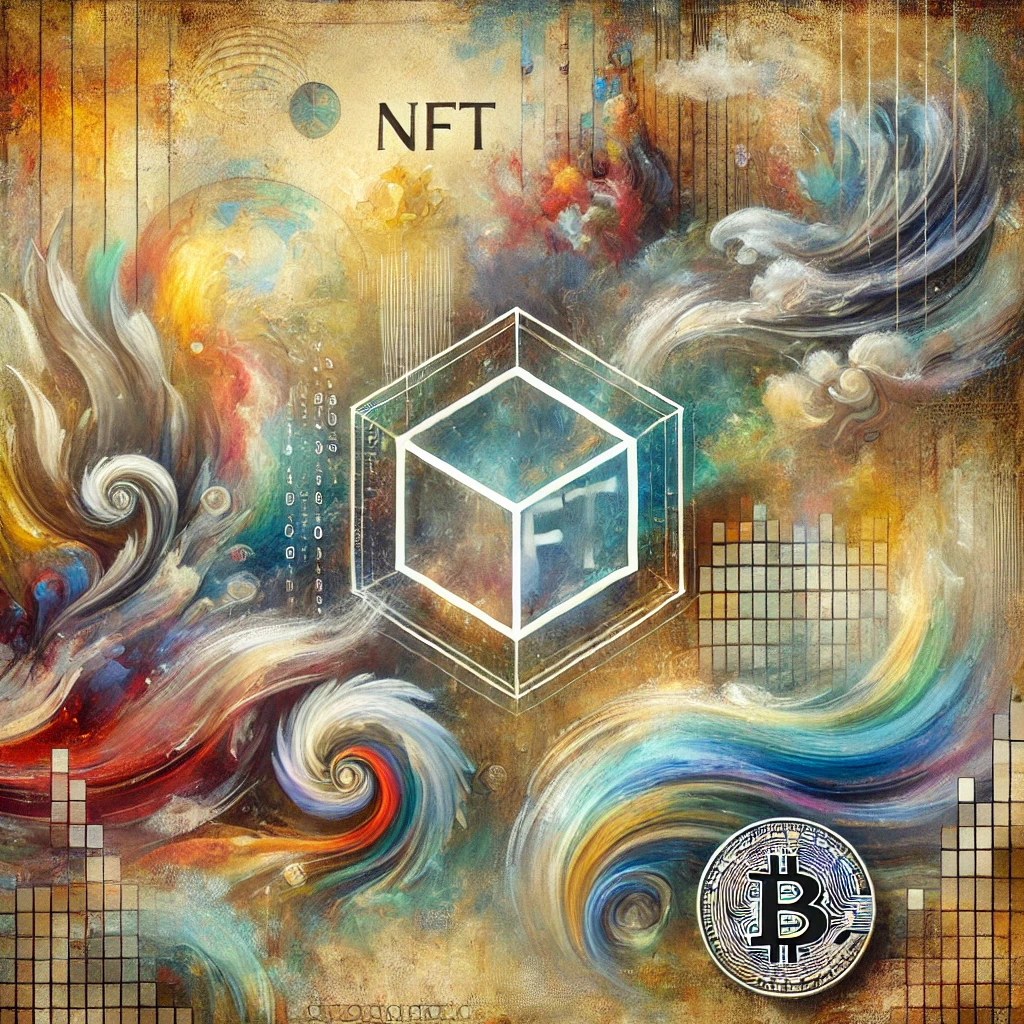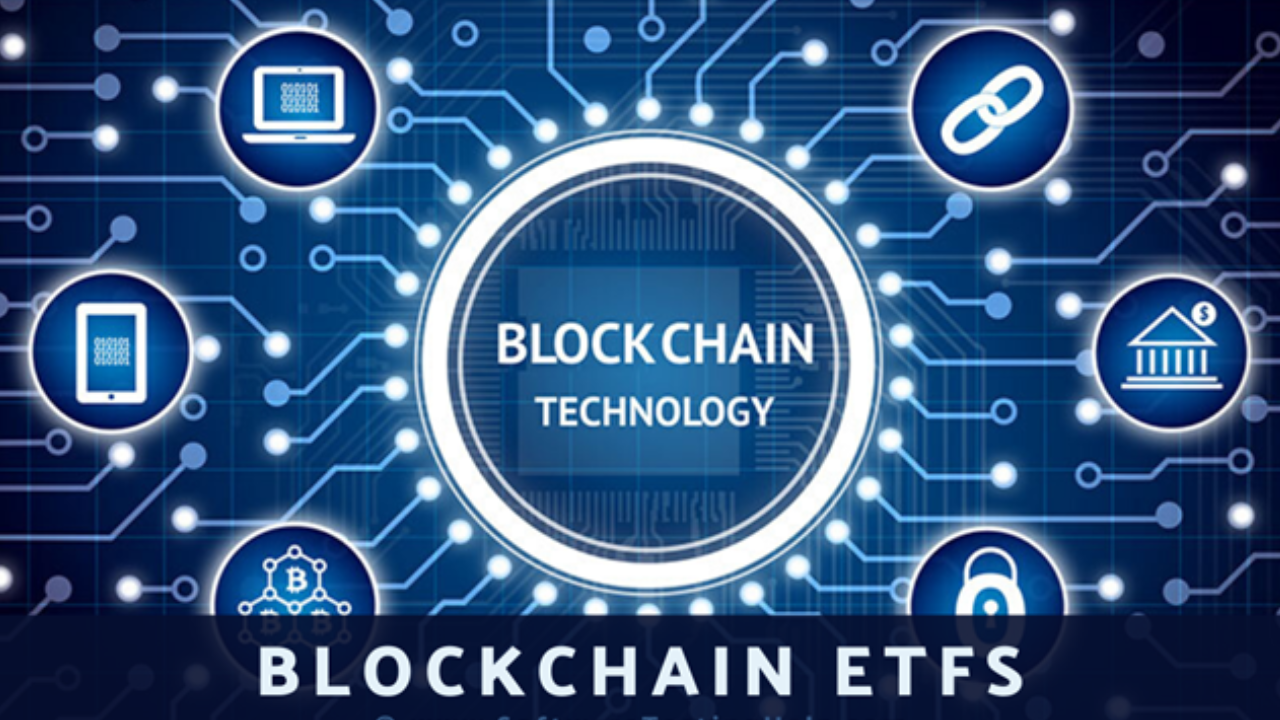Peer-to-peer (P2P) cryptocurrency trading has long been a favored method within the crypto community. It enables direct exchange between users without intermediaries and has been celebrated for its global accessibility, versatile payment options, and absence of transaction fees. However, recent reports of P2P scams in India underscore the need for digital asset education to safeguard traders against fraud and misinformation.
The Rise of P2P Trading and Its Significance
In the world of cryptocurrencies, P2P trading refers to the direct exchange of digital assets between individuals. This method has flourished as an alternative to traditional centralized exchanges, especially in regions with unfriendly regulatory environments. For instance, in India, P2P platforms became crucial when the central bank imposed a banking ban on cryptocurrency businesses in 2018. Even after the ban was lifted, regulatory uncertainties kept banks cautious about serving crypto exchanges.
P2P platforms offered a lifeline to Indian crypto traders, but as the market expanded, so did the risk of scams.
The Anatomy of P2P Scams
The surge in P2P trading popularity unfortunately gave rise to a parallel increase in P2P scams. Scammers have adopted various tactics to deceive unsuspecting traders, causing them financial losses and emotional distress.
One common method is through fake crypto-centered channels on platforms like Telegram. These channels promise quick profits or airdrops, luring users into sharing their personal banking information. In other instances, scammers directly purchase or steal user data. Armed with this information, scammers create accounts on popular P2P platforms, such as Binance or WazirX in India.
The scammers then initiate buy orders on these platforms, targeting unsuspecting sellers. Once a match is made, they transfer money from the victim’s account to the seller, completing the P2P transaction. However, the buyer (scammer) disappears after receiving the cryptocurrency, leaving the seller to discover the fraudulent transaction later.
Consequences of P2P Scams
When victims realize they’ve fallen prey to scams, they often file complaints with the police. Law enforcement’s response is to freeze all bank accounts linked to the scam, including those of unwitting sellers. This action causes significant disruptions in the lives of these sellers, whose accounts are frozen while investigations unfold.
In some cases, victims even face legal threats from law enforcement, despite their innocence. The lack of awareness about cryptocurrencies among law enforcement officials can lead to misunderstandings and unwarranted legal consequences for innocent individuals.
The Call for Digital Asset Education
To combat these challenges, it’s evident that digital asset education is desperately needed in India. Prominent crypto figures stress that law enforcement needs training to understand how these scams operate. Scammers exploit the authorities’ ignorance of crypto technology, often using international platforms to evade local investigation. As a result, victims often find themselves caught between financial losses and legal threats.
Industry leaders advise traders to be cautious and conduct thorough research before engaging in P2P transactions. They recommend verifying the history of the P2P account they’re interacting with and avoiding transactions with unknown or unverified entities.
Conclusion
P2P trading has been a cornerstone of the cryptocurrency community, offering direct and secure exchanges without intermediaries. However, the rise of P2P scams in India has highlighted the urgent need for digital asset education to protect traders from fraudulent activities. As the crypto ecosystem continues to evolve, fostering awareness, knowledge, and responsible trading practices will be crucial in ensuring a safer and more secure environment for all participants.
FAQs
1. What is P2P cryptocurrency trading, and why is it popular in India?
Peer-to-peer (P2P) cryptocurrency trading involves the direct exchange of digital assets between individuals without the involvement of intermediaries like centralized exchanges. In India, P2P trading gained popularity due to regulatory uncertainties and a previous banking ban on cryptocurrency businesses. P2P platforms provided a way for Indian crypto traders to continue trading even when traditional exchanges faced challenges in offering their services.
2. How do P2P crypto scams work, and what can users do to protect themselves?
P2P crypto scams often involve scammers creating fake crypto-centered channels or profiles that promise high profits or airdrops. Unsuspecting users who join these channels share their personal banking information, which scammers then use to set up accounts on legitimate P2P platforms. The scammers initiate buy orders, tricking sellers into completing transactions, after which they disappear with the received cryptocurrency. To protect themselves, users should thoroughly research the history of the P2P account they’re dealing with, avoid sharing personal information, and be cautious of offers that seem too good to be true.
3. How can digital asset education help combat P2P scams and their impact on users?
Digital asset education is crucial in combating P2P scams and minimizing their impact on users. Law enforcement agencies need to be educated about how these scams work to avoid freezing innocent sellers’ accounts and threatening them with legal consequences. Traders should also be educated about responsible trading practices, verifying the legitimacy of P2P accounts, and understanding the risks associated with P2P trading. By fostering awareness and knowledge, the crypto community can create a safer environment for traders and enthusiasts, reducing the success rate of scams and protecting individuals from financial losses.









